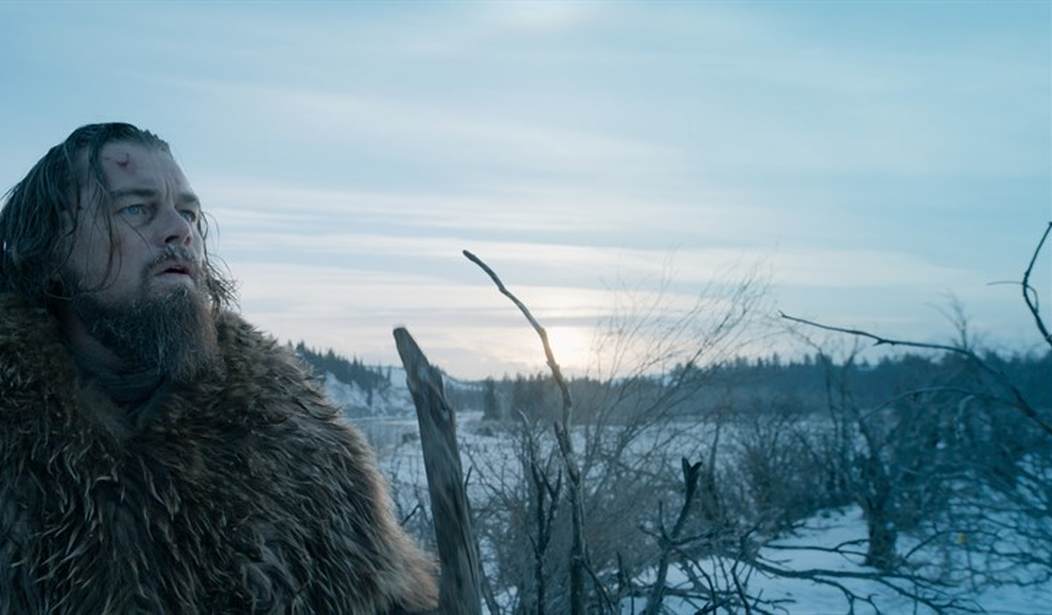As we get ready for tonight’s Academy Awards being held tonight at the Dolby Theater in Hollywood, our minds naturally go to great moments in Oscar history.One such moment, which always leaps to mind and especially tonight, given the #oscarssowhite controversy occurred at the 12th Academy Awards on February 29, 1940. Held at The Ambassador Hotel in its segregated Cocoanut Grove and hosted by Bob Hope, poignancy overflowed when Hattie McDaniel won the Oscar for Best Supporting Actress for her role as “Mammy” in Gone with the Wind (1939).
“… This is one of the happiest moments of my life,” McDaniel said in accepting her Oscar. “And, I want to thank each one of you who had a part in selecting me… for your kindness, it has made me feel very, very humble. And, I shall always hold it as a beacon for anything that I may be able to do in the future. I sincerely hope I shall always be a credit to my race and to the motion picture industry. My heart is too full to tell you just how I feel...” As she finished, saying “Thank you and God bless you,” she was gripped with emotion.
Thirty-two years later, on April 10, 1972, another wrong was righted when the Academy honored Charlie Chaplin with “a special Oscar” some 20 years after his banishment from the United States. “I do not want to create any revolution, all I want to do is create a few more films,” Chaplin said at the time. But, he was forgiving and had an equally simple message on this occasion: “Oh you thank you so much. An emotional moment for me. And, words seem so futile, so feeble. I can only say. Thank you for the honor of inviting me here. And, oh, you’re wonderful, sweet people. Thank you,” he said.
A similarly dramatic moment occurred at the 46th Academy Awards, two years later, when Susan Hayward, who fifteen years earlier had won the Best Actress Oscar for I Want to Live (1958), presented the same award to Glenda Jackson for A Touch of Class (1973). Hayward had been rated on par with Sarah Bernhardt. This night was no exception. Only she was not fighting discrimination but illness.
Recommended
A year earlier she had been diagnosed with multiple brain tumors, and began losing weight and gradually suffered paralysis. As if that was not bad enough, she was also suffering from lung cancer.
On April 2, 1974, as she arrived at the Dorothy Chandler Pavilion, she was a class act from start to finish, making her grand entrance in her signature sable mink fur. Wearing a Nolan Miller green chiffon gown, graced with Van Cleef diamond necklace, bracelet and earrings, Charleton Heston led her to the podium, as she gripped his strong arm. (The doctor had injected her with Dilantin before she went on stage to avert seizures.) She was such a hit, the Academy invited her again in 1975. But, as she confided to Miller, this was her last rodeo. Less than a year later on March 14, 1975, she died, gripping the black onyx crucifix Pope John XXIII had given her.
Then there was John “Duke” Wayne’s dramatic last appearance at the Academy Awards on April 9, 1979, when he, too, was ailing.
“Thank you Ladies and Gentleman,” he said. “That’s just about the only medicine a fellow would every really need. Let me tell you, I’m mighty pleased that I can amble down here every night. Well, Oscar and I have something in common. Oscar first came to the Hollywood scene in 1928. So did I. We’re both a little weather-beaten but we’re still here and plan to be around for a whole lot longer.”
Two months later, Duke “bought the farm” and went to his eternal reward, joining Hayward, his co-star onThe Conqueror, among films the two made together. Like Hayward, he had also found healing in faith. Ironically, the two had also developed fatal cancer, as with many involved in Howard Hughes’ aforementioned film in the mid-1950s, including also Dick Powell (director) and Agnes Moorehead, likely due to downwind radiation from nuclear weapons testing in Nevada.
In the end, the spiritual gold Hayward and Duke were anticipating was worth the most. As Hattie McDaniel always said, “I did my best and let God do the rest.” May that spirit infuse tonight’s Oscars and the great work of McDaniel’s fellow actors of all creeds and colors today and always.

























Join the conversation as a VIP Member